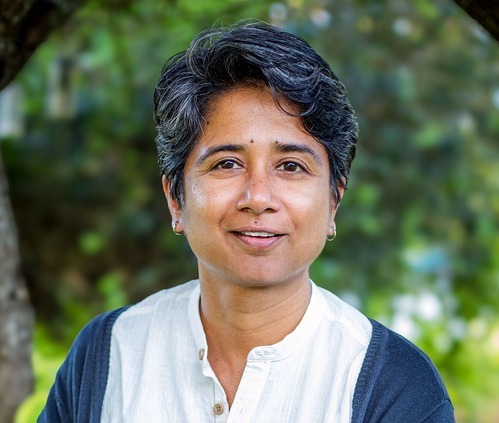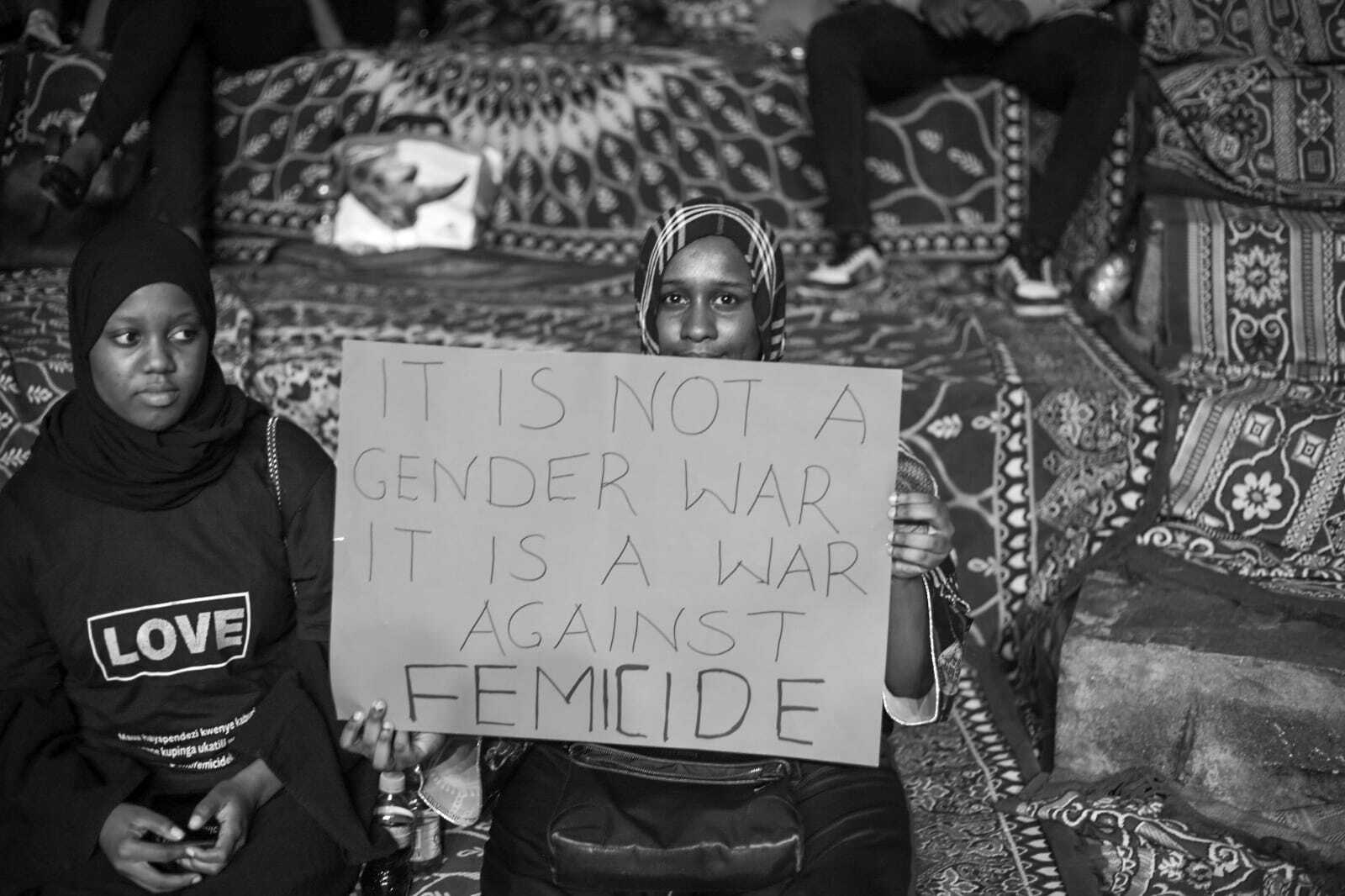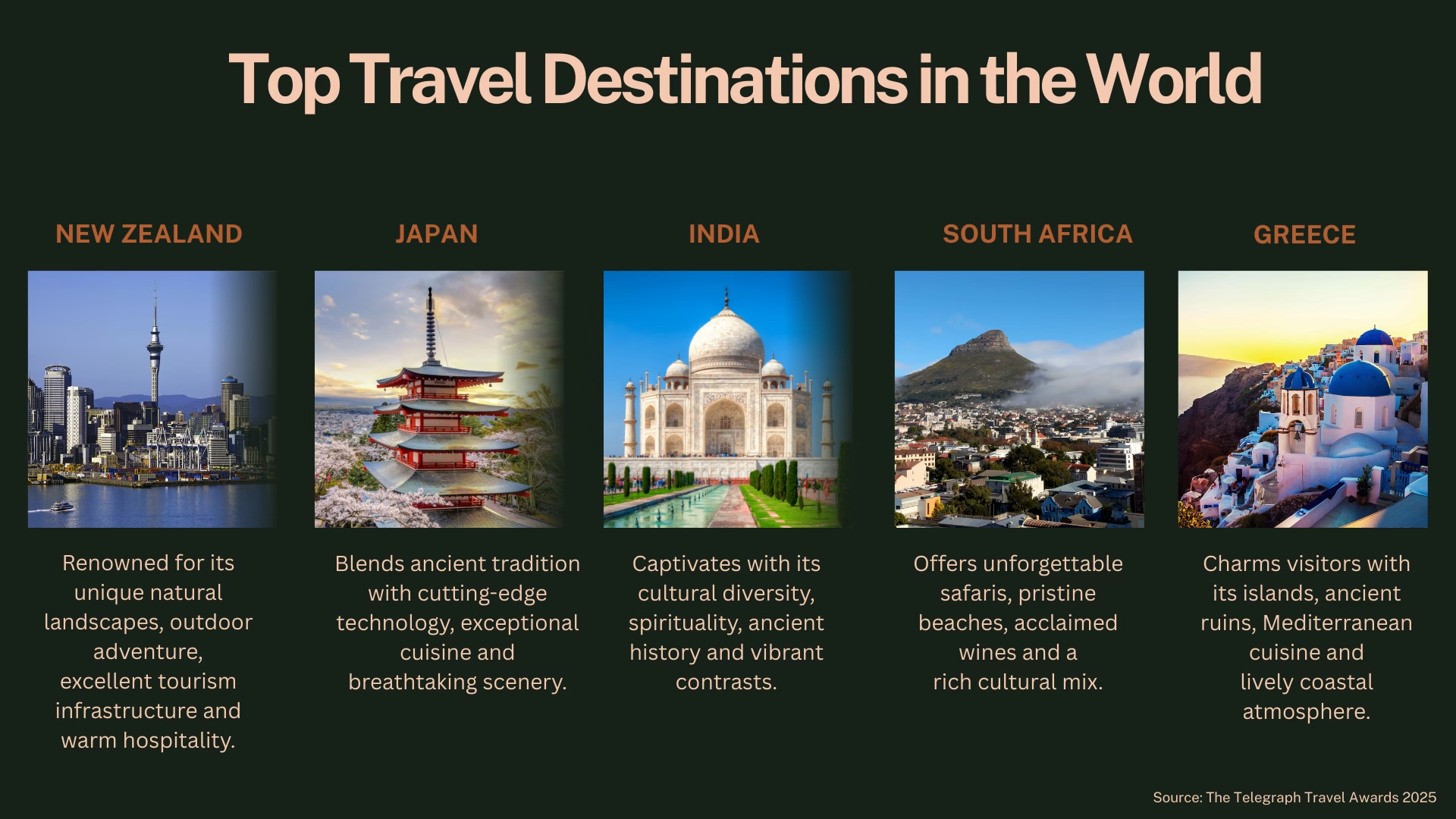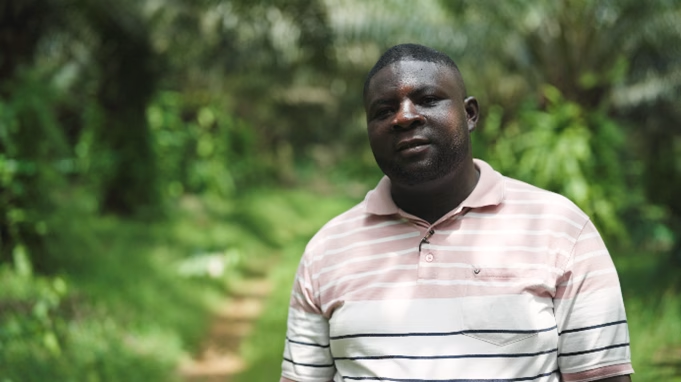Rebecca Cheptegei’s murder has struck a strong personal chord with me. Like her, I am an athlete and a mother. Like her, I left my hometown in search of better opportunities. Like her, I am a strong-willed, independent woman who dreams big. And her life has been cut short because she was all of this and more.
Patriarchy Takes Its Toll
According to World Athletics statistics, at one point in her career, Rebecca was the second-fastest female Ugandan marathoner of all time. She represented Uganda in World Cross championships. She was charting an international sporting career for herself, fighting adversities that every women sportsperson faces. None of this mattered when it came to her domestic unequal relations. A man known to her chose to decide the fate of her life.
Rebecca’s murder is an undeniable case of Femicide, which is defined as intentional killing with a gender-related motivation, driven by stereotyped gender roles, discrimination towards women and girls, unequal power relations between women and men, or harmful social norms.
No Silent Crisis
Femicide has often been called a “Silent Crisis”. But what is silent about women facing gruesome deaths at the hands of their intimate partners? What is silent about women ending up in morgues only because they are women? What is silent about their dreams coming to an abrupt end for no fault of theirs?
Femicide is no “Silent Crisis”. It is a “Major National Crisis” and women in Kenya made it loud and clear in the beginning of 2024, when they took over the streets in every county with chants of End Femicide and the Dark Valentine. Our Nguvu Change Leaders carried placards with messages including “We Are Human Beings”, “Say Their Names”, and “Stop Killing Us!”
Femicide has thrived in Kenya because of a history of violence against women, a misogynist collective consciousness, and a harmful public discourse.
Reduced to Mere Statistics
With Rebecca Cheptegei, Damaris Muthee, Edith Muthoni or Agnes Tirop, there is global attention, and an urgent demand for action against Femicide.
There are countless other women, who were victims of Femicide, but did not make it to headlines, and remained mere numbers in Kenya’s Femicide statistics. Let’s take a moment to remember them. We have a collective responsibility to ensure no woman ends up in that statistic.
Empty promises?
Global clarion calls are being raised for the Kenyan government to recognise Femicide as a separate crime and to ensure robust measures to ensure the safety of women. The Kenyan government has made promises such as ending GBV by 2030. But what has changed? Women continue to lose their lives, criminal jurisprudence is a complete let-down as cases drag on for years, conviction rates are abysmal, corruption crushes any attempts to seek justice, and the systemic challenges almost seem insurmountable.
Short lived memory
Femicide hits headlines every time there is a sensational murder. It dominates a few days of the news cycle and then, things move on. All of us have a role to play in this – the media, citizens and policymakers. We are all guilty of moving on. Femicide is forgotten until the next sensational, high-profile murder is reported. It is conveniently tucked away from the public and policy narrative. As long as our collective memory remains short and distracted, femicide will never be a government priority.
Femicide is the most extreme form of gender-based violence. It is usually the fatal end of a pattern of physical or sexual violence, fuelled by social norms that enforce male control or power over women. Femicide has no place in an equal world. And it starts with each one of us ending the normalisation of violence.

Bio: Durga Nandini is the Co-Founder and Chief Advisor at Nguvu Collective. She is an award-winning journalist, and campaigns and communications expert who writes on gender rights issues.











